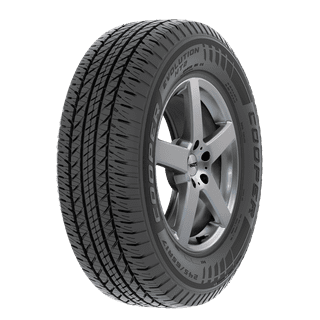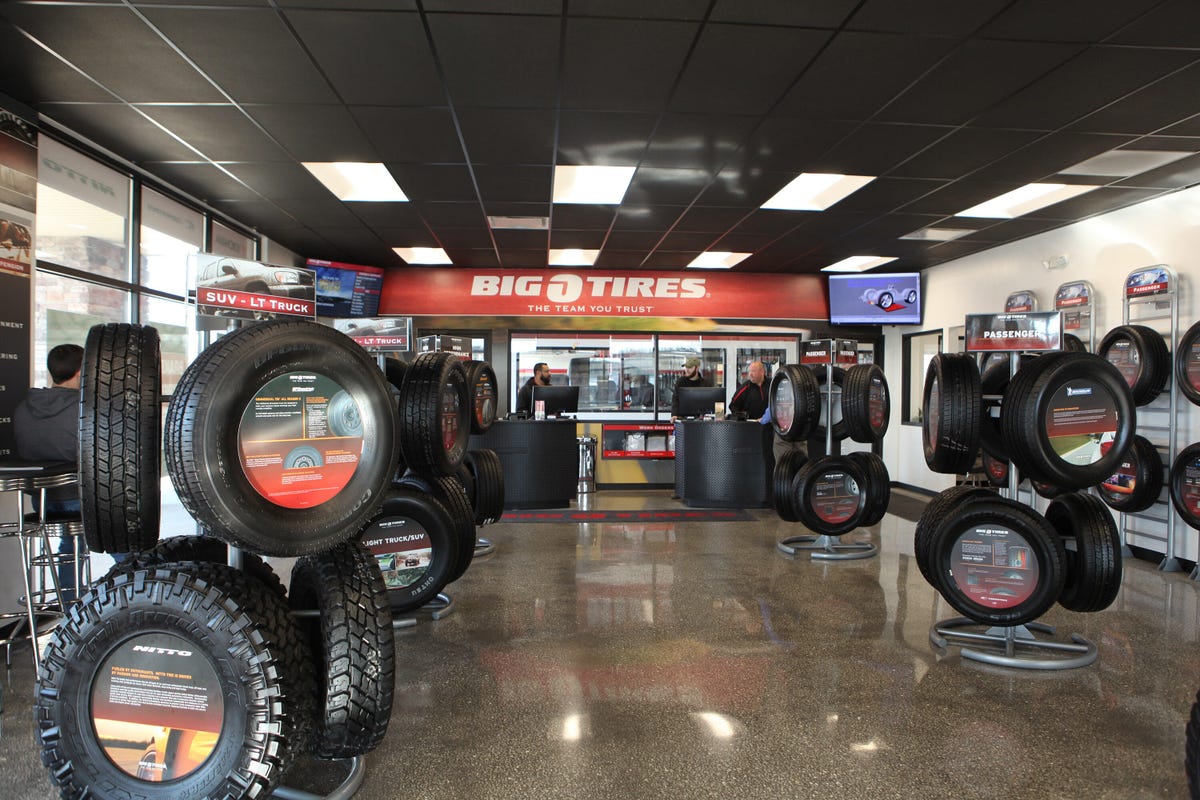Tire Service: Comprehending Tire Pressure Tracking Systems
Comprehending Tire Pressure Tracking Systems (TPMS) is a critical aspect of keeping optimum vehicle performance and safety and security on the road. With improvements in automotive innovation, TPMS has actually become a common attribute in modern-day vehicles, offering real-time info on tire stress levels.

Importance of TPMS
The value of Tire Pressure Tracking Equipments (TPMS) hinges on their ability to improve lorry safety and security and performance through real-time tracking of tire stress degrees. Maintaining the right tire stress is important for making sure optimal handling, braking, and total safety of a lorry. TPMS supplies motorists with immediate responses on any kind of underinflated or overinflated tires, enabling timely changes to be made.
Components of TPMS
Sensing units are commonly located in the tire shutoff stem or attached to the wheel setting up, where they gauge tire stress and transfer information to the control module. Some progressed TPMS models additionally display the actual tire pressure readings for each tire, giving motorists with real-time information to make sure optimal tire performance and safety and security. By keeping an eye on tire pressure continually, TPMS aids avoid accidents, lowers tire wear, and boosts gas performance, making it an important element for car security and performance. discount tires morris il.
Types of TPMS

On the various other hand, indirect TPMS counts on the car's wheel speed sensing units to monitor tire pressure. This system spots underinflation by contrasting the rotational speeds of the wheels. Indirect TPMS is much less costly than straight TPMS, as it uses existing sensing units within the car.
While straight TPMS provides a lot more precise readings, indirect TPMS is easier in layout and typically calls for much less maintenance. Both systems have their advantages and restrictions, and the Look At This choice in between them typically depends on variables such as expense, vehicle make, and individual choice. Recognizing the differences in between these two sorts of TPMS can aid car proprietors make educated decisions pertaining to tire maintenance and safety and security.
TPMS Maintenance Tips
Conduct regular checks on the tire pressure degrees and compare them with the TPMS readings to guarantee they are constant. During tire turning or replacement, make certain that the TPMS components are managed meticulously to prevent any type of prospective damages. If the TPMS advising light illuminates on the control panel, attend to the concern without read this article delay by examining the tire stress and the general system for any type of faults.
Benefits of Proper Tire Stress
Preserving appropriate tire stress, as highlighted in TPMS Upkeep Tips, is crucial for enjoying the numerous advantages linked with optimal tire pressure levels. Additionally, appropriate tire stress makes certain also tire wear, extending the lifespan of the tires and promoting safer driving problems. In final thought, the benefits of proper tire pressure go past simply tire longevity; they include improved gas efficiency, improved safety, far better car efficiency, and general driving comfort.
Final Thought
In conclusion, understanding tire stress monitoring systems (TPMS) is critical for preserving optimum tire pressure and ensuring automobile safety. By acknowledging the importance of TPMS, recognizing with its components, recognizing the different kinds available, sticking to appropriate upkeep tips, and recognizing the advantages of preserving correct tire pressure, vehicle drivers best site can improve their driving experience and prolong the life-span of their tires. Correct tire pressure is key to efficient and secure car procedure.
